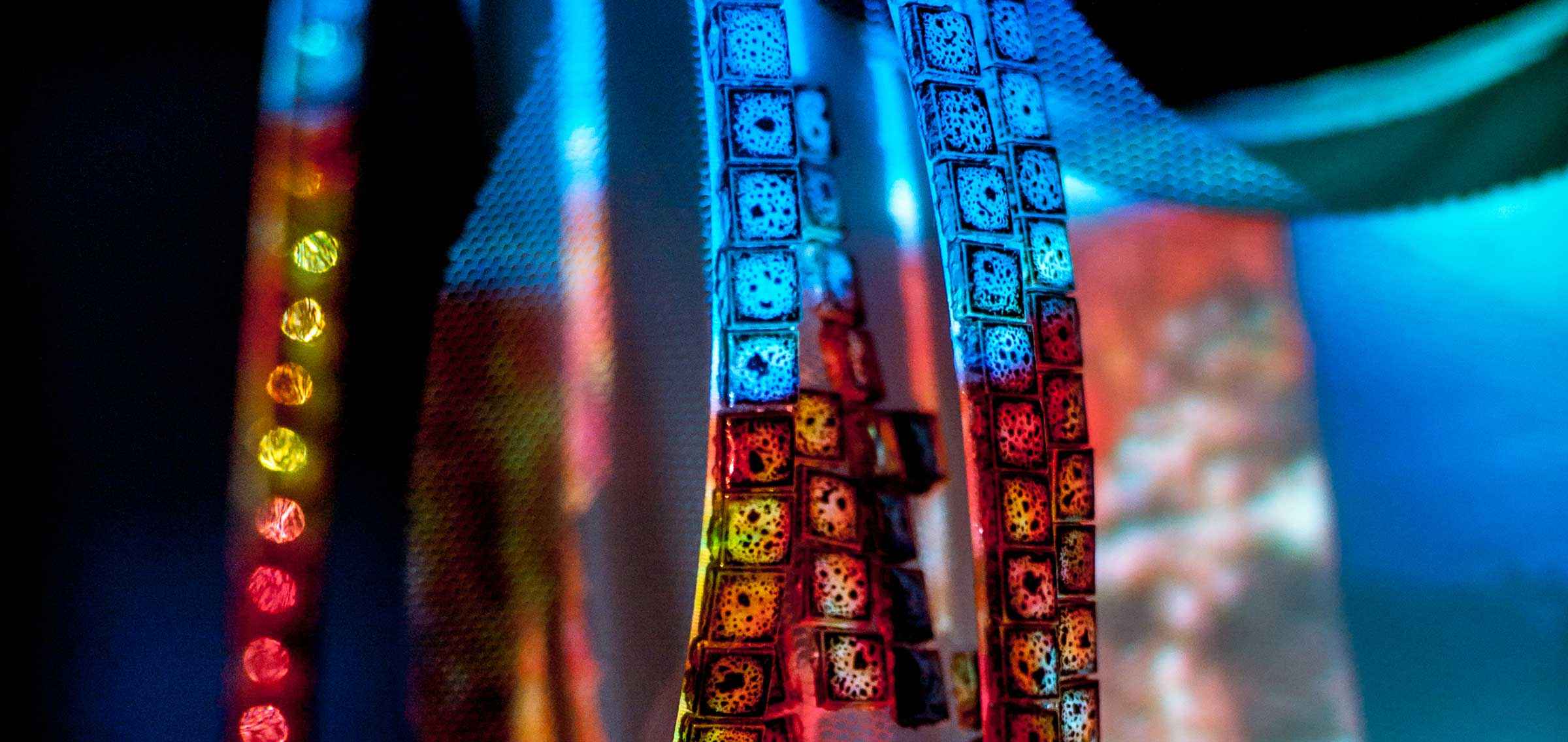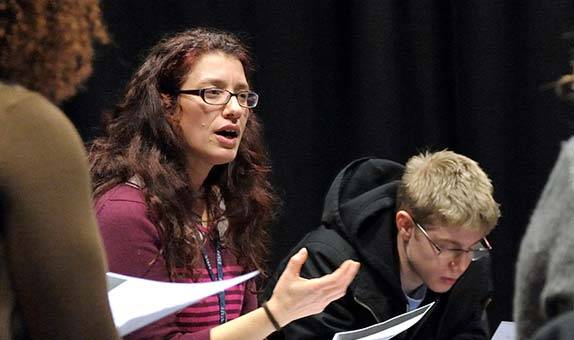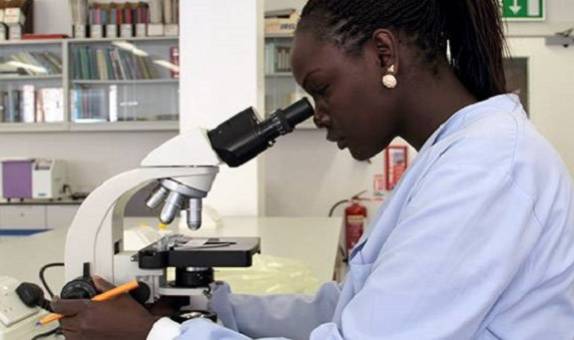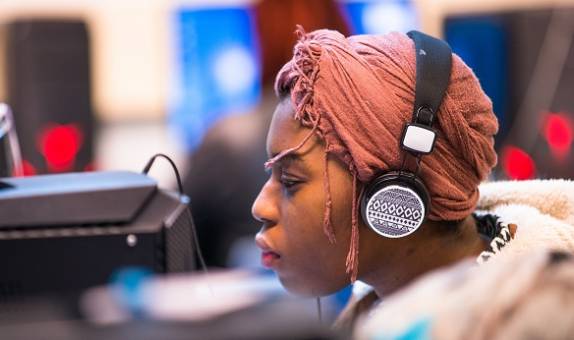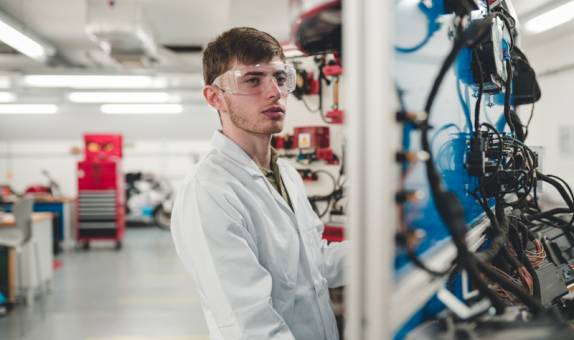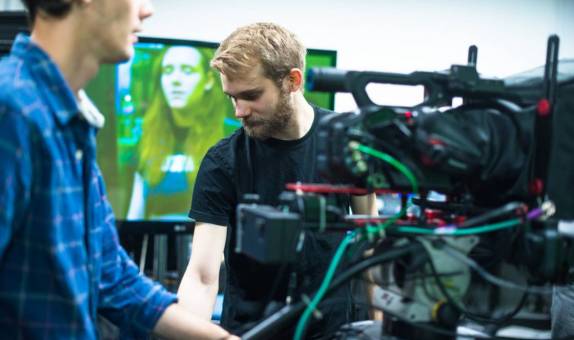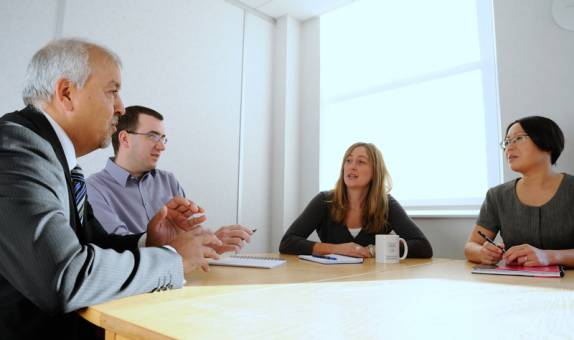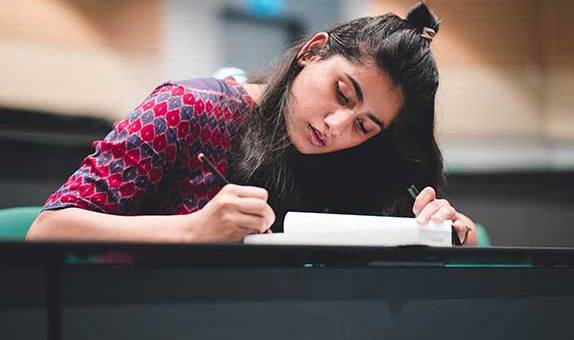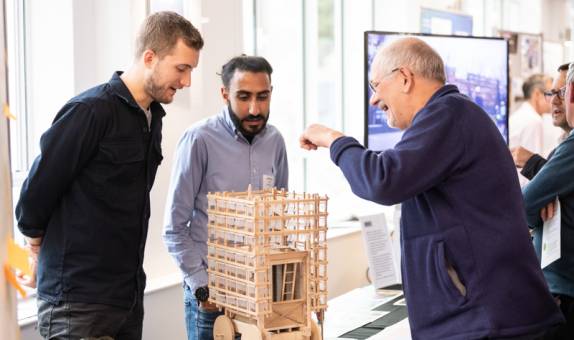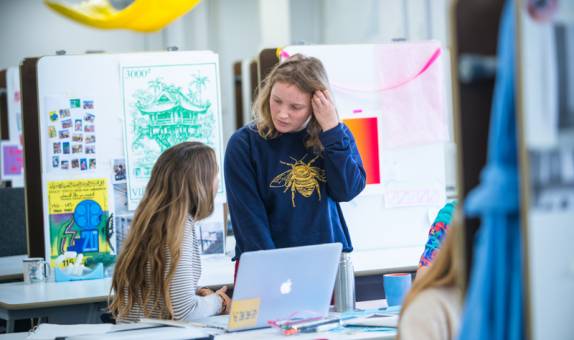Helping people in conflict regions overcome trauma through creative writing
Imaginative storytelling
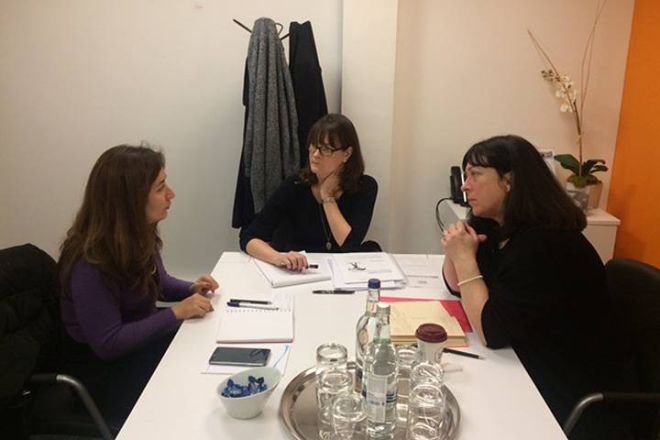
EW and ET are forms of imaginative storytelling that encourage participants to create narratives of past and present experiences, good and bad, and work towards imagining a better future. The carefully staged processes of the methodology promote a sense of agency in participants and support their detachment from painful life events, aiding their recovery.
Since 2015, this work has supported more than 23,000 survivors of trauma, forced migration, domestic violence and sexual violence in conflict. It has enabled local and international agencies and non-governmental organisations to build efficient, cost-effective and sustainable programmes to support vulnerable populations and cultural recovery.
Talking to human rights defenders, faith leaders, policy makers
Professor Jensen and Dr Campbell have delivered training to dozens of human rights defenders and faith leaders. In Iraq, the researchers collaborated with women's legal aid charity INMAA to improve the UK Foreign and Commonwealth Office's (FCO) protocol for documenting sexual violence in conflict zones. This incorporated EW and ET methodology and the training of personnel to provide active emotional support to survivors in interviews.
Professor Jensen and Dr Campbell have worked with policy makers from Gulf Cooperation Council (GCC) countries (Bahrain, Kuwait, Oman, Qatar, Saudi Arabia and the United Arab Emirates) on a collaborative research and training project to counter violent extremism in the GCC countries and Iraq, which helped to increase the emotional resilience and well-being of vulnerable groups at risk of radicalisation. The researchers worked with the United Nations Development Programme (UNDP) to train social workers in EW and ET methodology; as a result, the UNDP changed its policy on sexual violence documentation. During the COVID-19 pandemic, the UNDP used EW and ET to train its workers to provide phone support to women thought to be in danger of domestic violence. According to the UNDP, the EW toolkit had a "valuable impact… upon the practice and protocols of UNDP Iraq's Integrated Reconciliation Project" for women survivors of violence in Iraq.
Professor Jensen and Dr Campbell collaborated with women's charity Akkar Network for Development (AND) around support for Syrian refugees living in camps in Lebanon, training social workers in EW and ET, who in turn passed on their learning to gender-based violence and children's support specialists. Over 100 Syrian refugees have participated in EW and ET workshops. At the start of the COVID-19 pandemic, Professor Jensen and Dr Campbell developed digital access to EW and ET materials through the UNDP's web-based training programme for social workers. They also created various EW and ET digital resources, including an interactive website to support the wellbeing of frontline health care workers in the UK, Italy and the Arab-speaking world.
Professor Jensen and Dr Campbell have created a toolkit for a widely available, rapidly deployable, and stress-tested creative tool to support those in conflict and post-conflict regions, health care in crisis settings, and economically deprived areas.
Vulnerable people in the Middle East and the UK are benefitting from a storytelling method that supports recovery from trauma and helps them move forward.
In fragile and unstable environments such as conflict and post-conflict regions, healthcare in crisis settings, and economically deprived areas, mental health services tend to be limited or non-existent. Lack of access to such support puts vulnerable groups at risk, especially women and children.
The need to increase access to effective, cost-efficient and sustainable tools for addressing mental health issues in such contexts motivated Professor Meg Jensen (Kingston University) and Dr Siobhan Campbell (Open University) to develop Expressive Writing (EW) and its oral form, Expressive Telling (ET).
Contact us
- For non-student research enquiries, email the Research Office
- For research impact and REF enquiries, email the REF and Impact Team.
- Research contacts
- How to get to Kingston University
